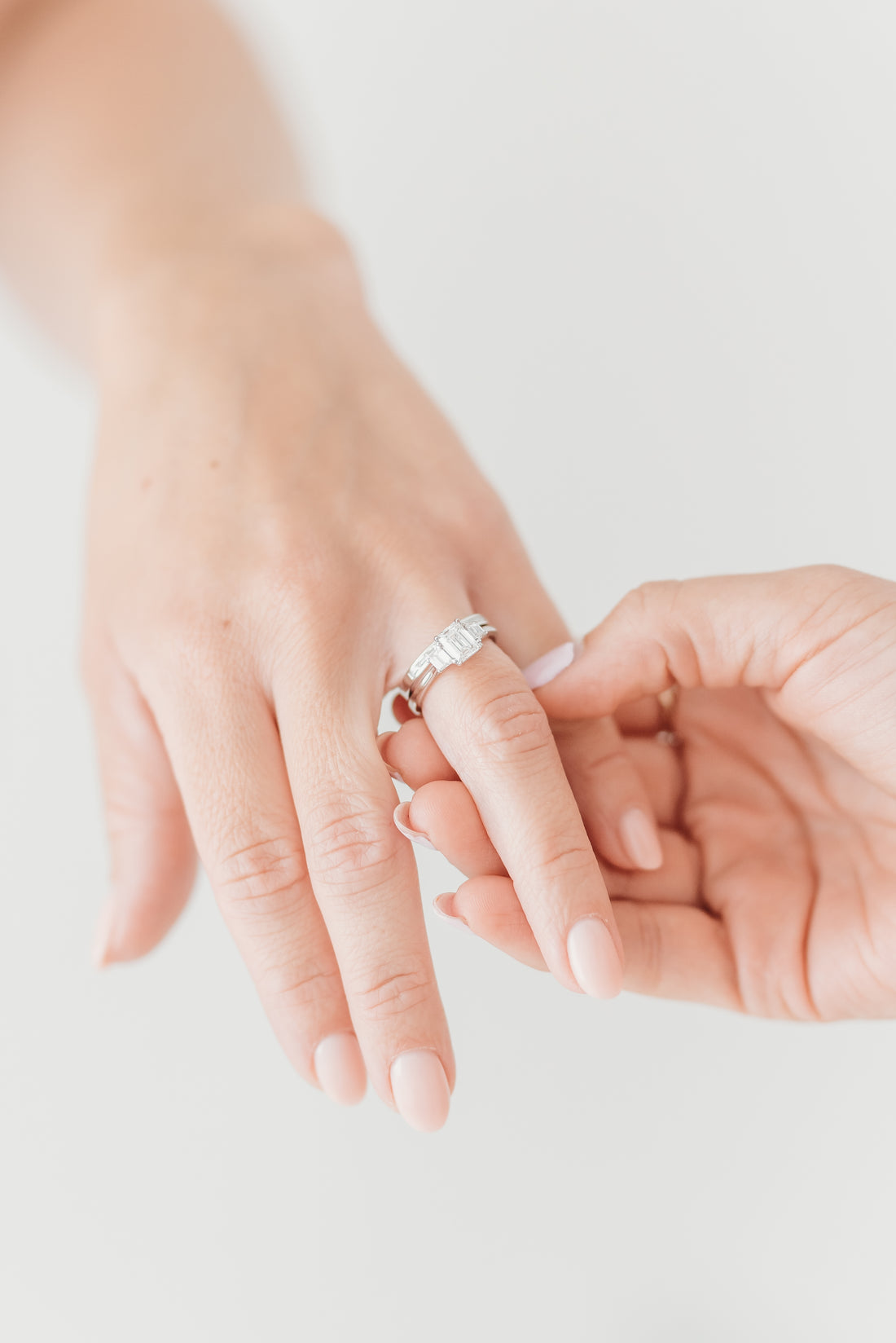
Is a Surprise Proposal Still the Way to Go?
Share
Proposals are among the most memorable moments in a couple's journey together. Traditionally, they have been the pinnacle of romance, often depicted as a grand, unexpected gesture where one partner takes the other completely by surprise. But in a world that increasingly leans towards transparency, mutual decision-making, and open communication, one might wonder: Is a surprise proposal still the way to go?
The Romance of the Unexpected
There’s something undeniably magical about the element of surprise. The idea of your partner planning every detail without you knowing, the anticipation, the nerves, and the overwhelming joy when they finally pop the question—it’s the stuff that movies and fairy tales are made of.
For many, a surprise proposal is a symbol of love and commitment, showing that one partner is willing to take the reins and create a moment that their significant other will remember for the rest of their life. It’s a moment that says, “I know you, I love you, and I want to spend my life with you,” all wrapped up in a beautifully orchestrated surprise.
Changing Times, Changing Expectations
However, as society evolves, so do relationships and the expectations surrounding them. Modern couples often prefer to discuss significant life decisions openly, including marriage. This shift towards mutual decision-making reflects a broader trend towards equality and partnership in relationships, where both parties have a say in their future together.
For some, the idea of a surprise proposal might feel outdated or even presumptuous. After all, shouldn’t both partners be equally involved in deciding when and how they want to get engaged? In this light, a surprise proposal could seem more like a one-sided decision rather than a mutual agreement.
The Case for Mutual Planning
There’s a growing trend where couples decide together that they’re ready to get engaged, sometimes even choosing the ring together. This approach ensures that both partners are on the same page, eliminating the risk of one person feeling caught off guard or pressured. It also allows the couple to design a proposal that suits both of their tastes, making the moment all the more meaningful.
In some cases, couples opt for a planned yet still somewhat surprising proposal. They might discuss getting engaged, but leave the when and how up to the partner who’s proposing. This way, there’s a balance between shared decision-making and the romance of a surprise.
The Element of Personalisation
Whether you opt for a surprise proposal or a planned one, what truly matters is personalisation. The best proposals are those that reflect the unique dynamic of the couple. If you and your partner thrive on spontaneity, then a surprise proposal might be perfect. On the other hand, if you value open dialogue and shared decisions, a mutual proposal plan might be more appropriate.
Consider your partner’s personality and preferences. If they’ve hinted at wanting to be surprised, or if they’re someone who loves grand gestures, then a surprise proposal could be just right. But if they’re the type who prefers to be involved in big decisions, a planned proposal might be the better route.
The Bottom Line: Know Your Partner
At the end of the day, the best proposal—surprise or not—is one that is thoughtful and considerate of your partner’s feelings and desires. It’s less about the method and more about the meaning behind it. Whether you go the traditional route with a surprise or choose to plan it together, what matters most is that the proposal reflects your love and commitment to one another.
So, is a surprise proposal still the way to go? For some couples, absolutely. For others, a more collaborative approach might feel right. There’s no one-size-fits-all answer. The key is to know your partner, understand your relationship, and choose the path that best celebrates your unique love story.